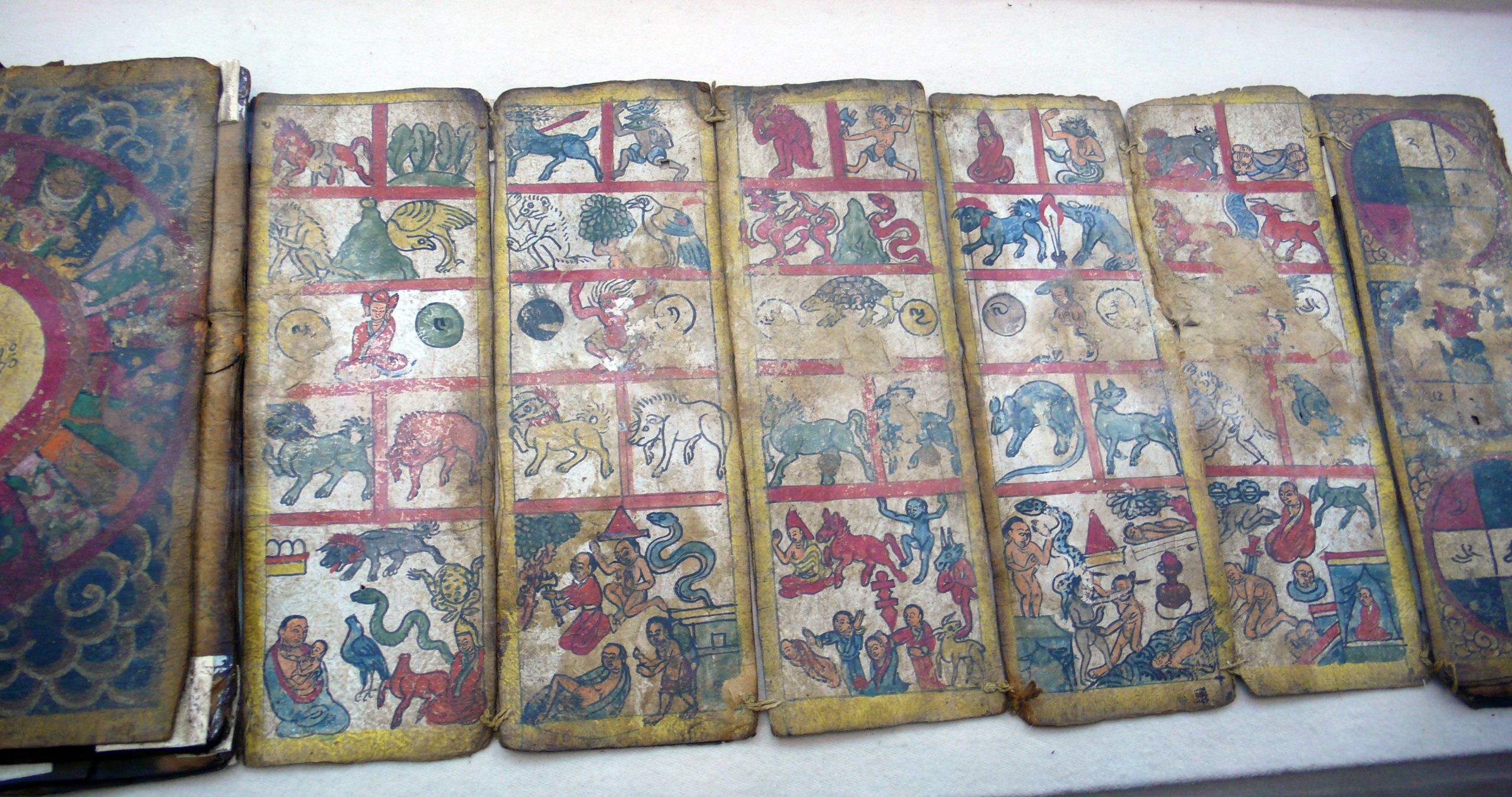Members of banned religious groups are often detained in transformation through education camps. Three Church of Almighty God believers tell their stories.
by Chang Xin

A member of The Church of Almighty God (CAG) from Xinjiang Uyghur Autonomous Region was arrested in March 2019, during a unified police operation against her Church. “In the interrogation room, they cuffed me to a torture device called ‘tiger bench’ and questioned me where our Church money was,” the woman recalled the day of her arrest. “They also showed me some photos of Uyghurs and Han Chinese, asking to identify CAG members.” Having failed to extort information from her, the officers took her to a bathroom without surveillance cameras and slapped her hard on the face and hit her buttocks and thighs with a shovel handle. When she tried to protect the thighs with her arms, they pulled her ponytail, fisted her stomach, and continued slapping her face.
“The officers shouted at me that belief in God is against the Communist Party, and people of faith will be imprisoned and beaten to death,” the woman recalled.
Tortures continued after she was sent to a “vocational skills training center”—the name by which the authorities call transformation through education camps in Xinjiang where about three million Uyghur and other ethnic Muslims, as well as members of banned religious groups, are detained.
Soon after that, she was escorted to a vocational skills training center. The CAG member described the camp as “a bloody site for mandatory indoctrination.”
“It feels like a military base,” the believer recalled. “Sometimes, we had to sit on stools for 14 hours every day, not allowed to speak, weep, or smile. We were not allowed to use the toilet and had to ask for permission to smooth our hair or scratch an itch. Many detainees had swollen legs and pain in their buttocks from the prolonged sitting; some suffered severe constipation.”
The detained had to take turns serving sentry duties, not allowed to close their eyes, speak, or make a movement, as guards monitored them through surveillance cameras. Anyone who violated the rules was rebuked in public and had to write a statement of self-criticism. People nearly collapsed or were driven to nervous breakdown from the prolonged standing.
According to the believer, inmates were only allowed ten minutes to shower once a week, including the time for undressing and getting dressed again. Male guards often watched the women showering through surveillance cameras, urging them to undress faster through the intercom. “This deprived me of all my dignity,” the woman said. “We were treated worse than beasts. I had only one wish at the time—to get out alive.”
Upon release, the woman was asked to sign a confidentiality agreement and was threatened to be arrested again if she disclosed what had happened in the “training school.”
Another CAG member from Xinjiang was detained in one of the internment camps in 2018. She was forced to attend “classes” every day to study China’s laws and regulations or watch anti-religious films and listen to indoctrination lectures intended to make the detained believers renounce their faith.
The CAG members held in the camp were often sent to solitary confinement for refusing to sign statements breaking up with their religion. “Once, 32 CAG members were kept in solitary confinement at the same time,” the woman said. “Two were cuffed to iron chairs, and ten had black hoods put on their heads.”
“On another occasion, all CAG members were taken to a basement in the local Public Security Bureau for interrogation,” she continued. As she refused to disclose information about the Church, she was slapped on the face, had her arms whipped with a plastic pipe, and her soles lashed. Her feet were so swollen that she could only walk on heels or toes.
According to another CAG member who had been sent to a transformation through education camp in Xinjiang’s Shihezi city, all detainees were forced to memorize prison regulations and rules and were punished if they could not recite them. Those who refused to write the statements renouncing their faith were forced to stand with their hands lifted horizontally for hours; the torture was sometimes repeated ten days in a row.
“It was an ordeal every day in the camp. I felt a lot of pressure on my mind and a heavy load in my heart,” the woman concluded, adding that even after her release, she is often summoned to the community office to write reports on her ideology.
Source: Bitter Winter












